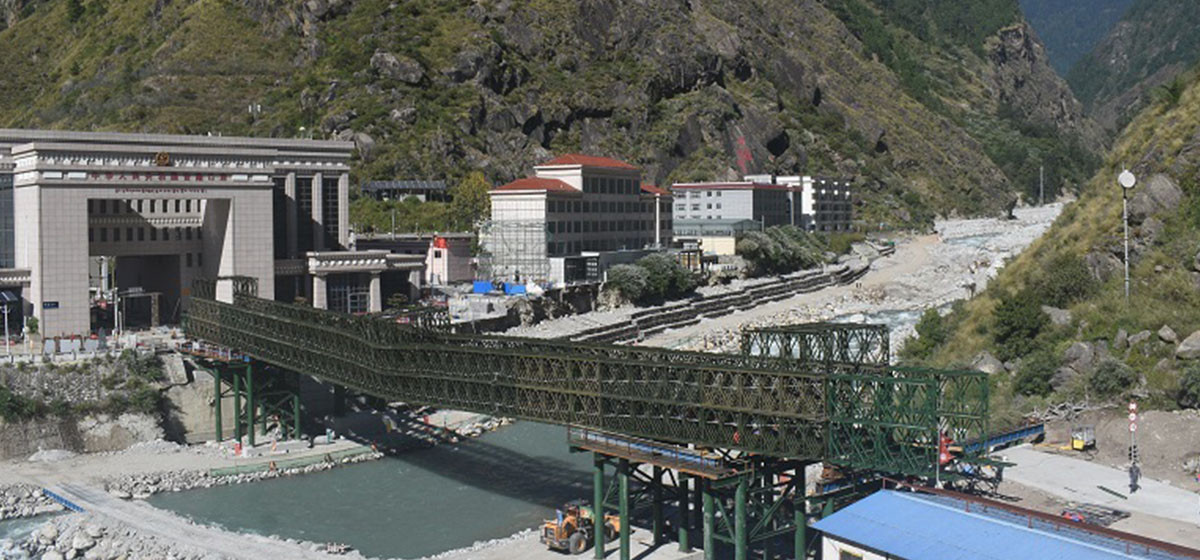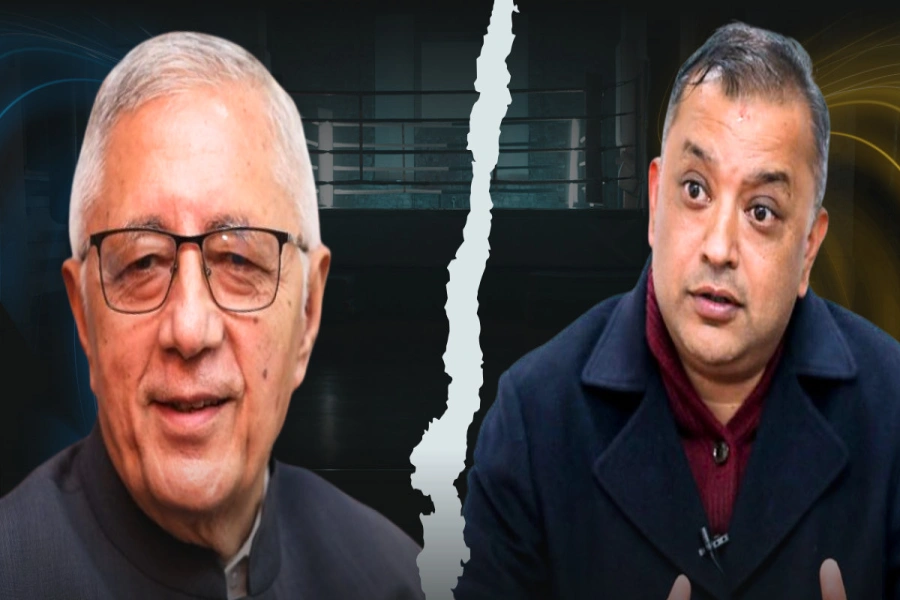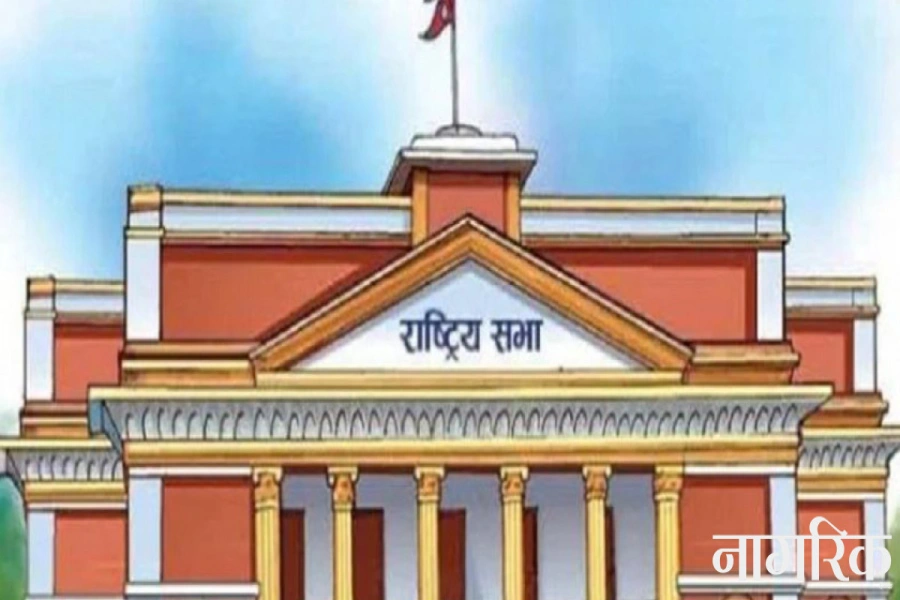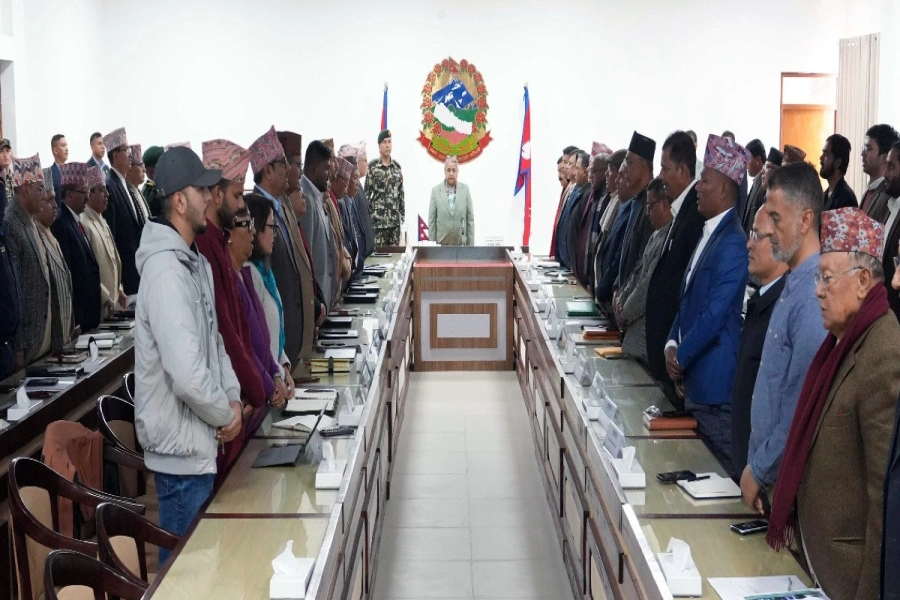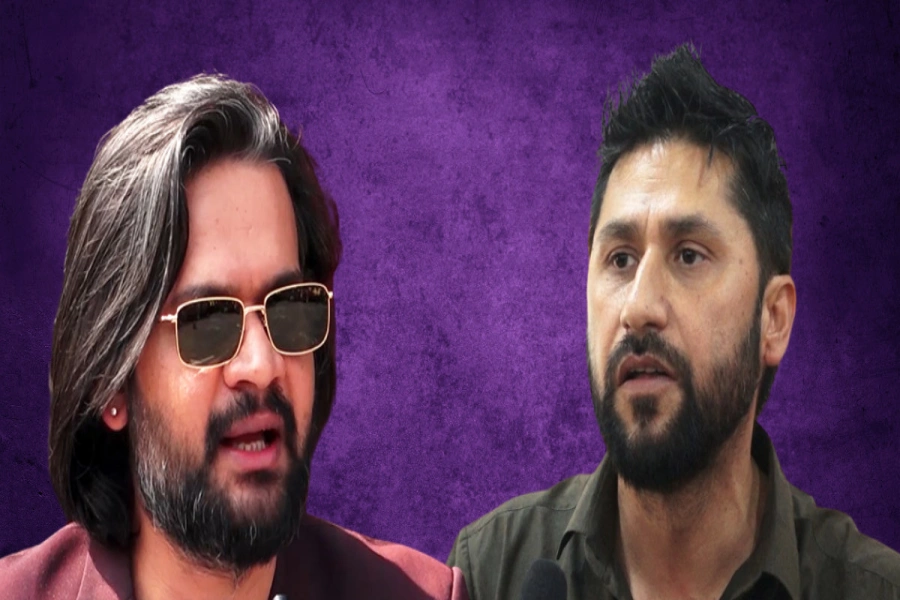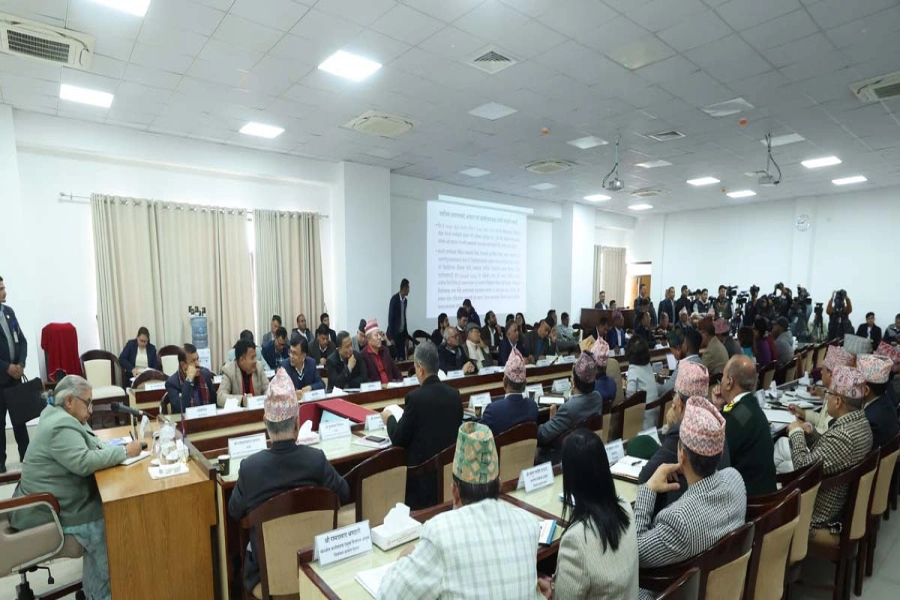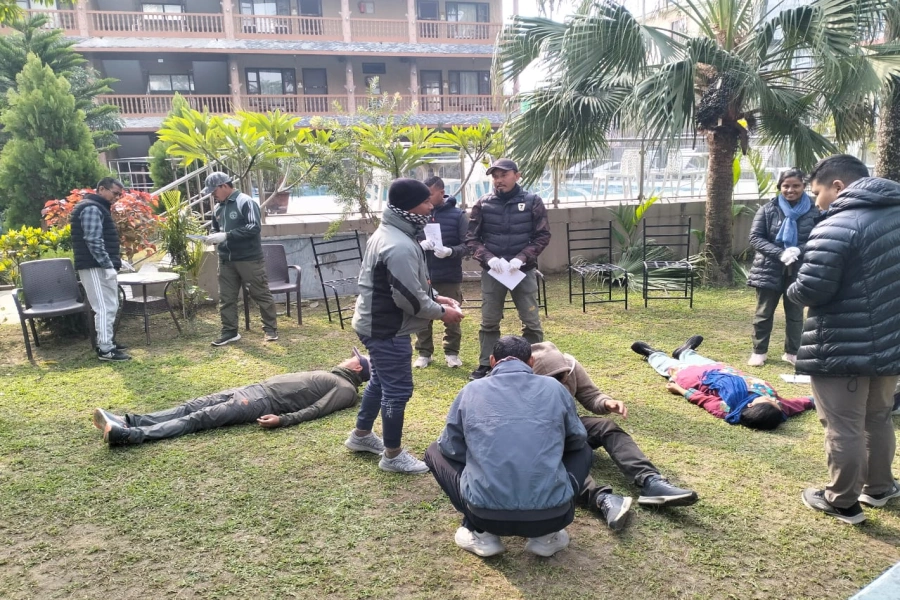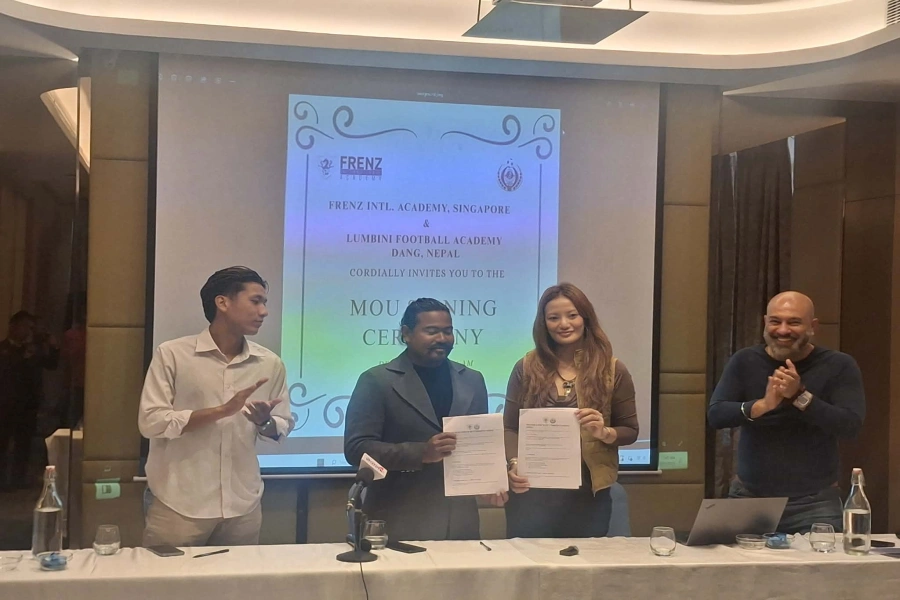KATHMANDU, Oct 3: Arguing that Nepal's democratic struggles were largely inspired by the principle of non-violence propounded by late Mahatma Gandhi, senior political leaders of both Nepal and India remembered Gandhi as a bridge between the two countries.
Addressing a program organized by Mahendra Narayan Nidhi Memorial Foundation (MNNMF) to mark the International Non-Violence Day and the 150th Gandhi Memorial Day in the capital on Tuesday, the leaders argued that the non-violent methods of political struggle taught by late Gandhi are more relevant to sustain and deepen democracy even the in 21st century.
NC ideologue Pradip Giri said apart from his non-violent method of political struggle, Gandhi's simplicity in his life could be the only way to address various problems seen in the world today due to increasing consumerism. “While political, economic and socialist ideology propounded by Karl Marx brought revolution in the 20th century, the principles of non-violence and humanism of Gandhi are set to bring revolution in the 21st century,” he said.
Walk in the clouds: World’s longest pedestrian suspension bridg...

Ruling Nepal Communist Party (NCP) lawmaker as well as the party's ideologue Ghanashyam Bhusal lauded Gandhi for launching non-violent movement that eventually ousted British rulers from India even in the face of blood-soaked politics of colonial rulers. Bhusal argued that Gandhi's teachings that all countries have the relations of humanism irrespective of their territorial size and economic as well as military might could be a recipe for universal peace and brotherhood.
While highlighting the politics of non-violence of late Gandhi, Bharatiya Janata Party (BJP) Spokesperson Tarun Bijaya argued that Gandhi serves as a bridge between Nepal and India as his non-violent methods had greatly inspired Nepali political leaders to fight for the cause of democracy. He argued that Gandhian principles are alive in Nepal even today.
Arguing that democracy could be strengthened when all people are given dignity, recognition and justice, secretary of Indian Congress Chandan Kumar said the principles propounded by Gandhi could be important to all those who believe in democracy.
MNNMF Honorary President Bimalendra Nidhi, who is also NC vice president, said the power achieved through non-violent means is more sustainable and meaningful than the power achieved through armed revolutions.
Although NC also briefly raised arms against the Rana regime, he said that NC had pursued the Gandhian path of non-violence in all of its struggles for democracy in the country.
Referring to the peaceful resolution of Maoist conflict, NC President Sher Bahadur Deuba said that all types of political differences could be resolved through peaceful means.
Speaking on the occasion, Indian Ambassador to Nepal Manjeev Singh Puri argued that Gandhi had propagated new thoughts of political change and societal transformation. Stating that many Nepali leaders had been part of India's independence struggle, he expressed happiness that Gandhi was respected equally in both Nepal and India.
Indian embassy had separately organized a function to mark the International Non-Violence Day. Acting Prime Minister Ishwar Pokharel had attended the function.










